The GATE Petroleum Engineering syllabus 2025 involves topics dealing with various processes of oil and gas exploration, reservoir engineering, engineering mathematics and general aptitude.
Table of Contents
- Section-Wise GATE Petroleum Engineering Syllabus 2025
- Download PDF for GATE Petroleum Engineering Syllabus 2025
- GATE Petroleum Engineering (PE) Exam Pattern 2025
- Expected Weightage of Important Topics in GATE Petroleum Engineering Syllabus 2025
- Marking Scheme for GATE Petroleum Engineering (PE) Exam 2025
- Books for GATE Petroleum Engineering (PE) Exam 2025
GATE Petroleum Engineering syllabus 2025 includes topics from Core Discipline like oil and gas well testing; petroleum exploration, formation and evaluation and more, along with General Aptitude, and Engineering Mathematics.
The Core Discipline section of the Petroleum Engineering syllabus in GATE 2025 covers 72%. While General Aptitude and Engineering Mathematics constitute 15% and 13% respectively.
Candidates seeking to appear for one of the toughest exams in the world, i.e. Graduate Aptitude Test in Engineering (GATE) must learn about the syllabus of their domain. This is because the difficulty level of the GATE paper is usually high and candidates often miss the topics with lesser importance.
Section-Wise GATE Petroleum Engineering Syllabus 2025
The GATE Petroleum Engineering syllabus 2025 is divided into three sections. These sections are as follows:
General Aptitude Syllabus for GATE 2025
General Aptitude is a compulsory subject for all candidates attempting the GATE 2025 paper. Major topics and sub-topics included within the GATE general aptitude syllabus 2025 are given in the table below:
| Topics | Sub-topics |
| Verbal Aptitude | Basic English Grammar: Tenses, Articles, Adjectives, Prepositions, Conjunctions, Verb-Noun Agreement, and Other Parts of Speech, Basic Vocabulary: Words, Idioms, and Phrases In Context Reading and Comprehension Narrative Sequencing |
| Quantitative Aptitude | Data Interpretation: Data Graphs (Bar Graphs, Pie Charts, and Other Graphs Representing Data), 2- and 3-dimensional Plots, Maps, and Tables, Numerical Computation and Estimation: Ratios, Percentages, Powers, Exponents and Logarithms, Permutations and Combinations, and Series, Mensuration and Geometry, Elementary Statistics and Probability |
| Analytical Aptitude | Logic: Deduction and Induction, Analogy, Numerical Relations and Reasoning |
| Spatial Aptitude | Transformation of Shapes: Translation, Rotation, Scaling, Mirroring, Assembling, and Grouping Paper Folding, Cutting, and Patterns In 2 and 3 Dimensions |
Also Read: Last Minute Preparation Tips for GATE 2025
GATE Engineering Mathematics Syllabus 2025
Engineering Mathematics comprises various topics used by engineers to solve complex real-world problems. The various topics and subtopics to be prepared by the GATE 2025 aspirant are given below:
Linear Algebra
- Matrix algebra
- Systems of linear equations
- Eigenvalues and eigenvectors
Calculus
- Functions of a single variable
- Limit, continuity and differentiability
- Mean value theorems
- Evaluation of definite and improper integrals
- Partial derivatives
- Total derivative
- Maxima and minima
- Gradient
- Divergence and Curl
- Vector identities
- Directional derivatives
- Line
- Surface and Volume integrals
- Stokes
- Gauss and Green’s theorems
Differential equations
- First-order equations (linear and nonlinear)
- Higher-order linear differential equations with constant coefficients
- Cauchy’s and Euler’s equations
- Initial and boundary value problems
- Laplace transforms
- Solutions of one-dimensional heat
- Wave equations
- Laplace equation
Complex variables
- Analytic functions
- Cauchy’s integral theorem
- Taylor series
Probability and Statistics
- Definitions of probability and sampling theorems
- Conditional probability
- Mean
- Median
- Mode
- Standard deviation
- Random variables
- Poisson
- Normal and Binomial distributions
Numerical Methods
- Numerical solutions of linear and non-linear algebraic equations Integration by trapezoidal and Simpson’s rule
- Single and multi-step methods for differential equations
GATE Petroleum Engineering Core Subjects Syllabus 2025
This section is the most important for the GATE Petroleum Engineering exam as its topics comprise 72% of the weightage. The GATE syllabus for Petroleum Engineering comprises ten topics which have been given in detail in the following pointers:
Petroleum Exploration
- Classification and description of some common rocks with special reference to clastic and non-clastic reservoir rocks. Origin, migration and accumulation of Petroleum. Petroleum exploration methods.
Oil and Gas Well Drilling Technology
- Well-planning. Drilling method. Drilling rigs Rig operating systems.
- Drilling fluids function and properties. Drilling fluid maintenance equipment.
- Oil & gas well-cementing operations. Drill bit types and their applications. Drill string & Casing string function, operations, selection & design.
- Drilling problems, their control & remedies. Directional drilling tools. Directional survey. Application of horizontal, multilateral, extended reach, slim wells.
Reservoir Engineering
- Petrophysical properties of reservoir rocks. Coring and core analysis. Reservoir fluid properties.
- Phase behaviour of hydrocarbon system. The flow of fluids through porous media.
- Water and gas coning. Reservoir pressure measurements. Reservoir drives, drive mechanics and recovery factors. Reserve estimation techniques.
Petroleum Production Operations
- Well Equipment. Well Completion Techniques. Well Production problems and mitigation. Well Servicing & Workover Operations.
- Workover & completion fluids. Formation damage. Well stimulation techniques. Artificial lift techniques. Field processing of oil & gas.
- Storage and transportation of petroleum and petroleum products. Metering and measurements oil & gas. Production system analysis & optimization. Production testing. Multiphase flow in tubing and flow lines.
Nodal system analysis. Pressure vessels, storage tanks, shell and tube heat exchangers, pumps and compressors, LNG value chain.
Offshore Drilling and Production Practices
- Offshore oil and gas operations & ocean environment. Offshore fixed platforms, Offshore mobile units, Station keeping methods like mooring & dynamic positioning system.
- Offshore drilling from a fixed platform, jack-up, ships and semi-submersibles. Use of conductors and risers. Offshore well completion.
- Deepwater applications of subsea technology. Offshore production: Oil processing platforms, water injection platforms, storage, SPM and SBM transportation and utilities.
Deepwater drilling rig. Deepwater production system. Emerging deepwater technologies.
Petroleum Formation Evaluation
- Evaluation of petrophysical of sub-surface formations: Principles applications, advantages and disadvantages of SP, resistivity, radioactive, acoustic logs and types of tools used.
- Evaluation of CBL/VDL, USIT, SFT, RFT. Production logging tools, principles, limitations and applications. Special type of logging tools.
- Casing inspection tools (principles, applications and limitations), Formations micro scanner (FMS), NMR logging principles. Standard log interpretation methods. Cross-plotting methods.
Oil and Gas Well Testing
- Diffusivity equation, derivation & solutions. The radius of investigation. Principle of superposition. Horner’s approximation. Drill Stem Testing.
- Pressure Transient Tests: Drawdown and buildup-test analysis. Wellbore effects. Multilayer reservoirs. Injection well testing. Multiple well testing. Interference testing, Pulse testing, well-test analysis by use of type curves. Gas well tested.
Health Safety and Environment in Petroleum Industry
- Health hazards in Petroleum Industry: Toxicity, Physiological, Asphyxiation, respiratory and skin effect of petroleum hydrocarbons, sour gases. Safety System: Manual & automatic shutdown system, blowdown systems.
Gas detection system. Fire detection and suppression systems. Personal protection system & measures. - HSE Policies. Disaster & crisis management in the Petroleum Industry.
- Environment: Environment concepts, impact on the ecosystem, air, water and soil. The impact of drilling & production operations on the environment, Environmental transport of petroleum wastes.
Offshore environmental studies. Offshore oil spill and oil spill control. Waste treatment methods.
Enhanced Oil Recovery Techniques
- Basic principles and mechanism of EOR, Screening of EOR process. Concept of pattern flooding, recovery efficiency, permeability heterogeneity. Macroscopic and microscopic displacement efficiency.
- EOR methods: Chemical flooding, Miscible flooding, Thermal recoveries (steam stimulation, hot water & steam flooding, in-situ combustion), Microbial EOR.
Latest trends in Petroleum Engineering
- Coal bed methane, shale gas, oil shale, gas hydrate, and heavy oil.
Also Read: GATE Civil Engineering Syllabus 2025
Download PDF for GATE Petroleum Engineering Syllabus 2025
The entire GATE syllabus 2025 is available in a PDF format on the official website of GATE 2025 @gate2025.iitr.ac.in. Candidates can visit the official website or access the direct link to download the GATE Petroleum Engineering Syllabus 2025 from the table provided below:
| GATE Petroleum Engineering Syllabus 2025 Direct Link | Click Here |
GATE Petroleum Engineering (PE) Exam Pattern 2025
Now that candidates know what topics are covered in the GATE Petroleum Engineering syllabus, they can also check the GATE exam pattern for the Petroleum Engineering paper. A look at the paper pattern can help aspiring candidates gain better clarity about the exam.
| Particulars | Details |
| Exam Date of GATE 2025 | Feb 1, 2, 15 and 16, 2025 |
| Exam Session of GATE PE 2025 | 1 Session (9 to 12 pm) |
| Mode of GATE PE Exam | Online (CBT) |
| Exam Language of GATE PE | English |
| GATE PE Exam Duration | 3 Hours |
| GATE PE 2025 Total Marks | 100 |
| GATE PE 2025 Total Number of Questions | 65 |
| Type of GATE PE 2025 Questions | MCQ, MSQ and NAT |
| Number of Sections in GATE PE | 3 (General Aptitude, Core Discipline, and Engineering Mathematics) |
| Section-Wise Number of Questions in GATE PE 2025 | Core Discipline- 55 |
| General Aptitude- 10 | |
| Engineering Mathematics- 55 | |
| Section-Wise Weightage for GATE PE | Core Discipline-72 Marks |
| General Aptitude-15 Marks | |
| Engineering Mathematics-13 Marks | |
| Marking Scheme for GATE PE 2025 |
1 or 2 marks for every correct response |
| GATE PE Negative Marking | 1/3 mark will be deducted for an incorrect response (for 1 mark MCQ) |
| 2/3 mark will be deducted for an incorrect response (for 2-mark MCQ) | |
| No negative marking in the case of NATs and MCQs |
Expected Weightage of Important Topics in GATE Petroleum Engineering Syllabus 2025
On the basis of past years' trends, we have compiled the list of GATE Petroleum Engineering topics and their expected weightage. It will help candidates to understand the importance of each topic and better prepare for the GATE Petroleum Engineering syllabus:
| Topics | Expected Weightage (Marks) |
| Petroleum Production Operations | 11 |
| Oil & Gas Drilling Technology | 10 |
| Reservoir Engineering | 8 |
| Formulation Evaluation | 8 |
| EOR Techniques | 7 |
| Oil & Gas Well Testing | 6 |
| Offshore Drilling & Production Practices | 6 |
| Petroleum Geology & Exploration | 5 |
| HSE in the petroleum Industry | 5 |
| Latest trends in PE | 4 |
Marking Scheme for GATE Petroleum Engineering (PE) Exam 2025
The GATE Petroleum Engineering paper is of 100 marks involving 1 mark and 2 marks questions. In the case of NAT and MSQ-type questions, there will be no negative marking. However, there will be a deduction in marks for every incorrect MCQ. Check out the table below for a better understanding of the GATE Petroleum Engineering marking scheme 2025:
| Sections | 1 Mark Questions | 2 Marks Questions | Total Marks |
| General Aptitude | 5 | 5 | (5*1) + (5*2) = 15 |
| Engineering Mathematics | 25 | 30 | (25*1) + (30*2) = 85 |
| Core Discipline- Petroleum Engineering (PE) | |||
| Total | 30 | 35 | 100 |
GATE Petroleum Engineering (PE) 2025 Negative Marking
Tabulated below are details related to the negative markings involved in the GATE Petroleum Engineering exam:
| Type of Questions | 1 Mark Questions | 2 Marks Questions |
| MCQs | 1/3 Mark | 2/3 mark |
| MSQs | No negative marking | No negative marking |
| NATs | No negative marking | No negative marking |
Also Read: Impact of Negative Marking in GATE
Books for GATE Petroleum Engineering (PE) Exam 2025
The following are the GATE books that can be referred to by the candidates to cover the GATE Petroleum Engineering syllabus:
| Subjects | Books and Authors |
| Books for Engineering Mathematics | Advanced Engineering Mathematics by RK Jain, SRK Iyengar |
| Higher Engineering Mathematics by B.S. Grewal | |
| Books for Petroleum Engineering | Fundamentals of Reservoir Engineering by L. P. Dake |
| Oil Well Testing Handbook by Amanat U. Chaudhry | |
| Reservoir Engineering Handbook by Amar Kumar | |
| Nontechnical Guide to Petroleum Geology, Exploration, Drilling, and Production by Norman J. Hyne | |
| Drilling Engineering by Jamal J. Azar and G. Robello Samuel | |
| Petroleum Refining Processes by Rakesh Rathi |
Also Read: Opportunities After GATE Exam


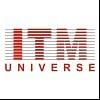
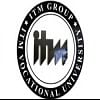




![Indian Institute of Technology, [IIT] Bombay](https://media.getmyuni.com/azure/college-image/small/indian-institute-of-technology-iit-bombay.jpg)

![Indian Institute of Technology, [IIT] Kanpur](https://media.getmyuni.com/azure/college-image/small/indian-institute-of-technology-iit-kanpur.jpg)
![Indian Institute of Technology, [IIT] Kharagpur](https://media.getmyuni.com/azure/college-image/small/indian-institute-of-technology-iit-kharagpur.jpg)












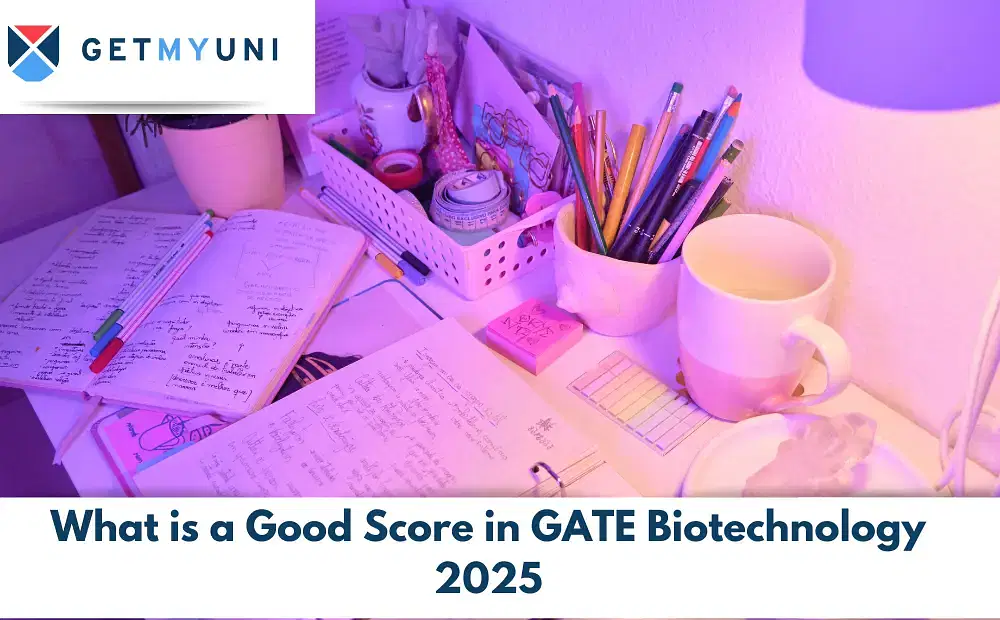

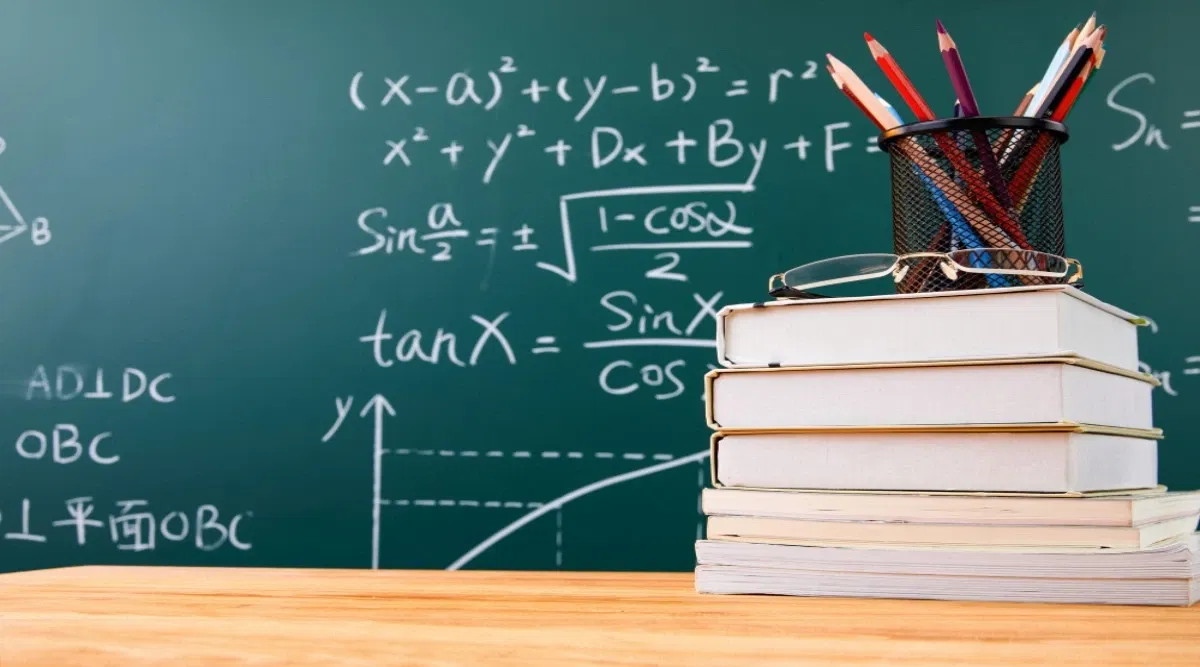



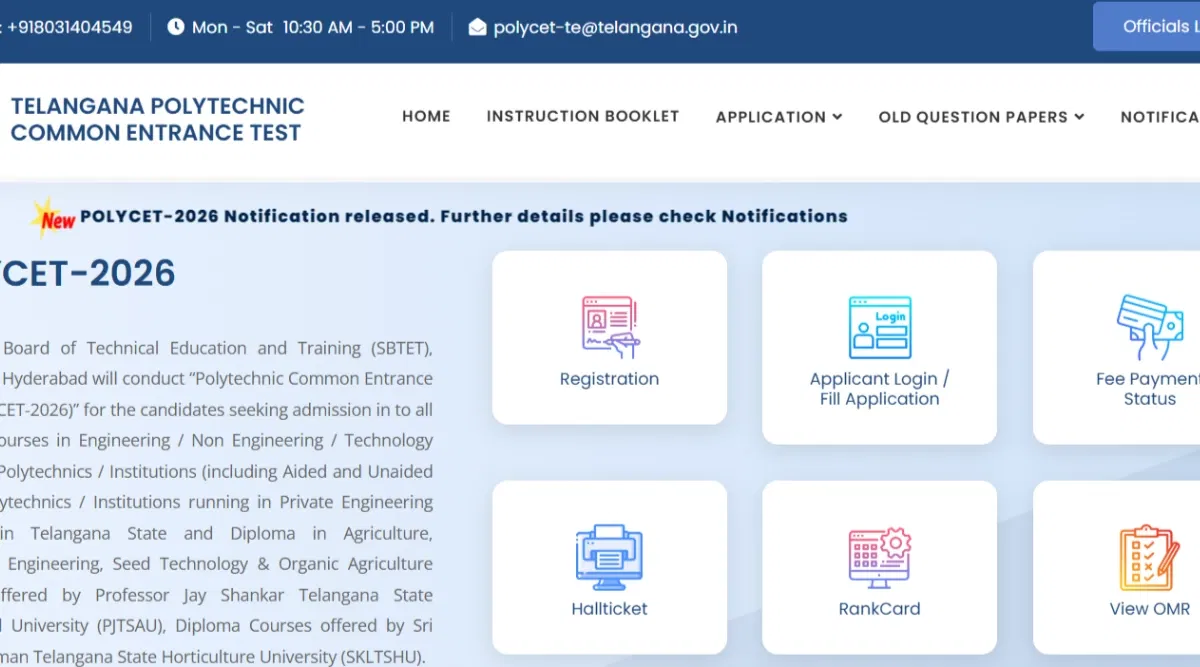

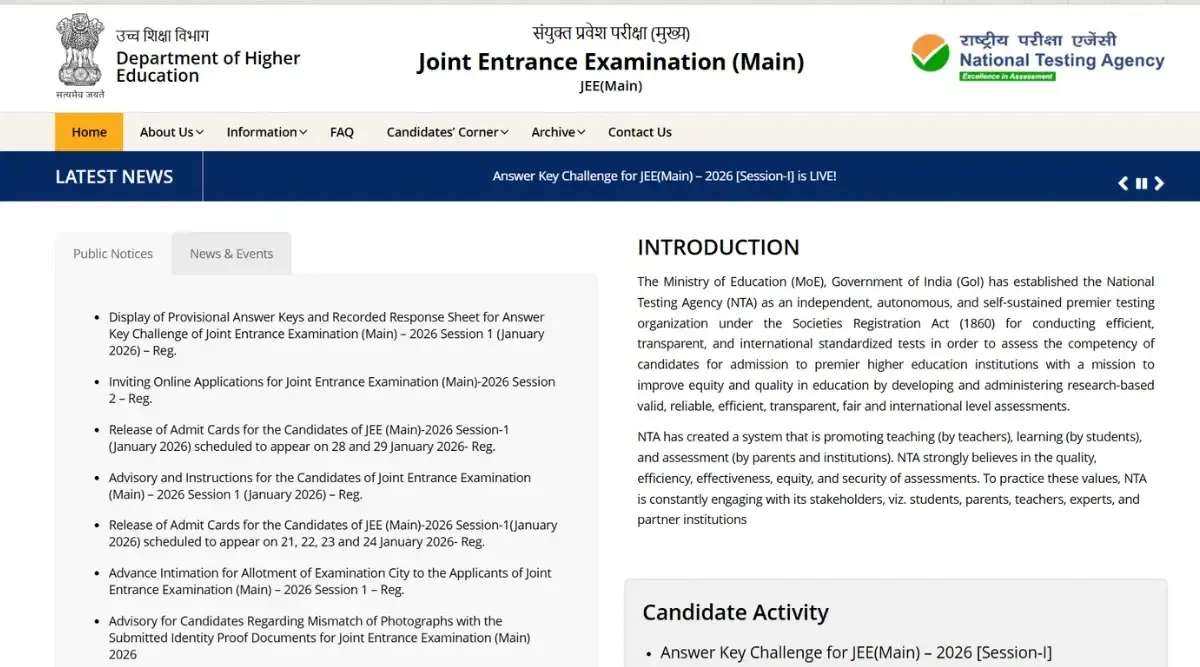

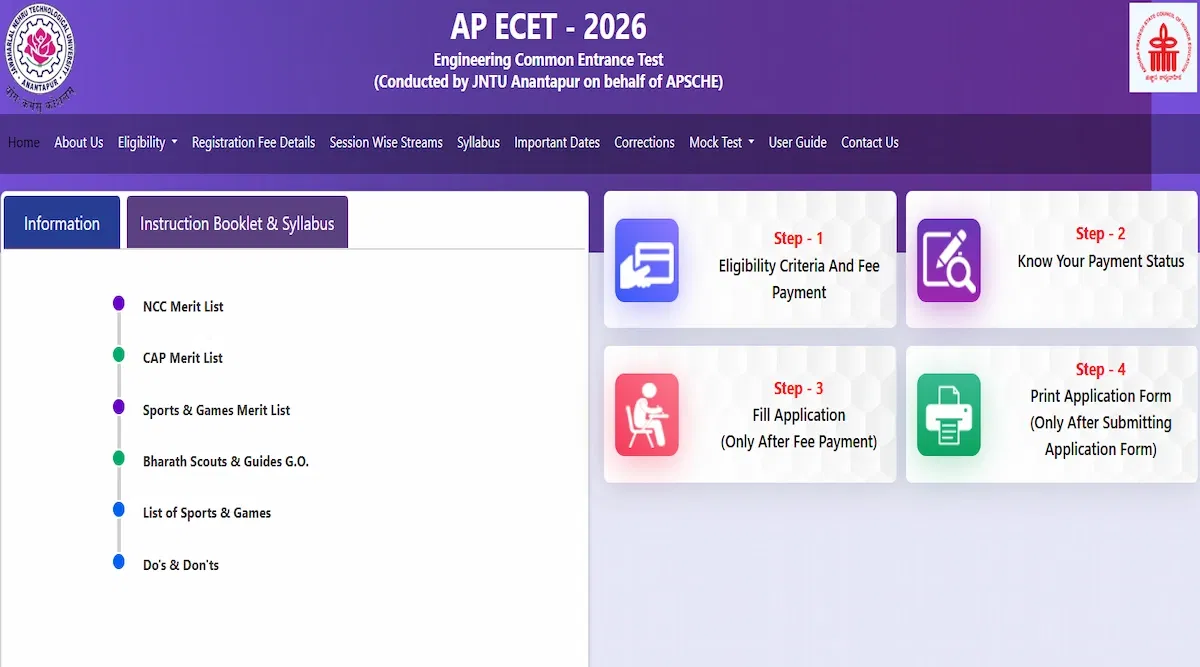
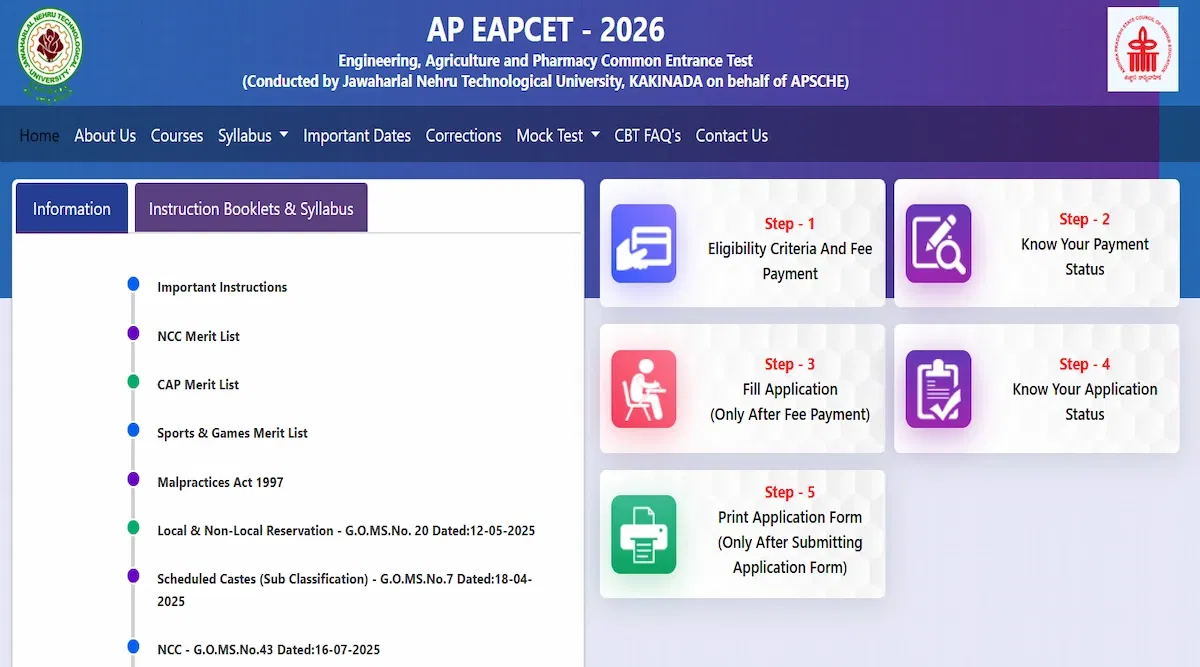

POST YOUR COMMENT